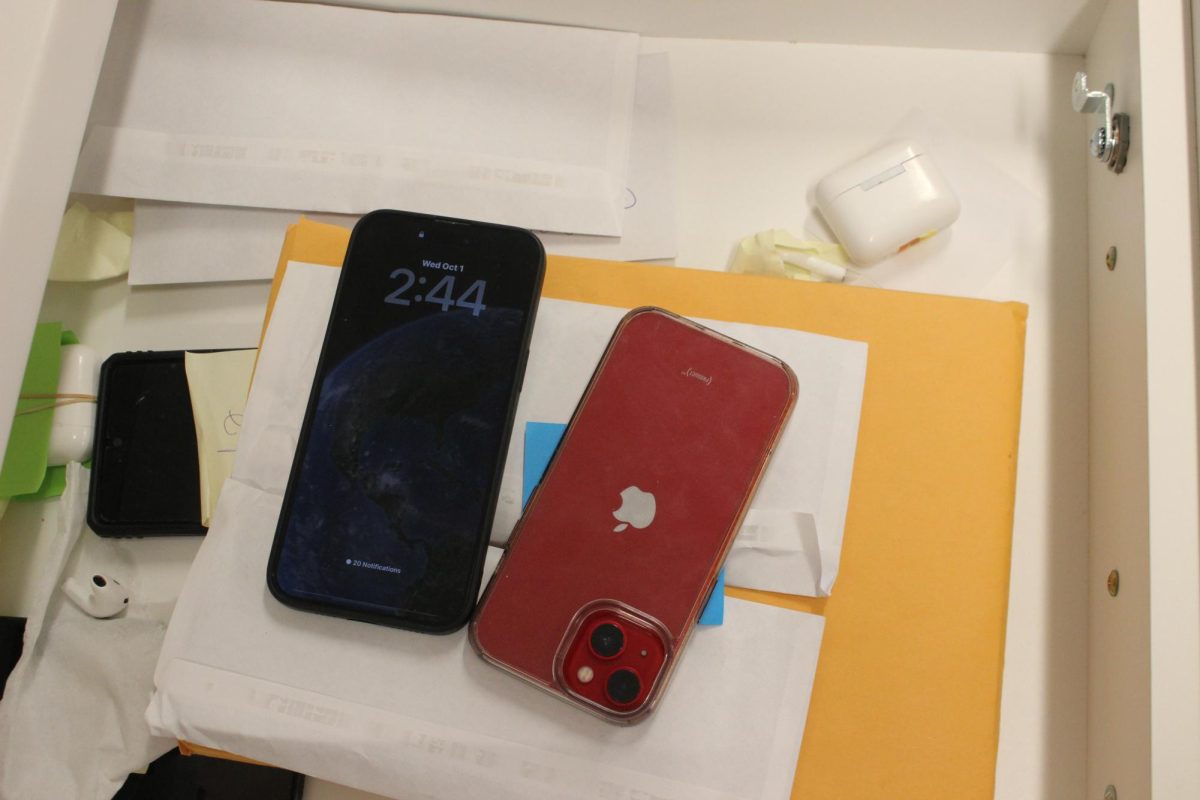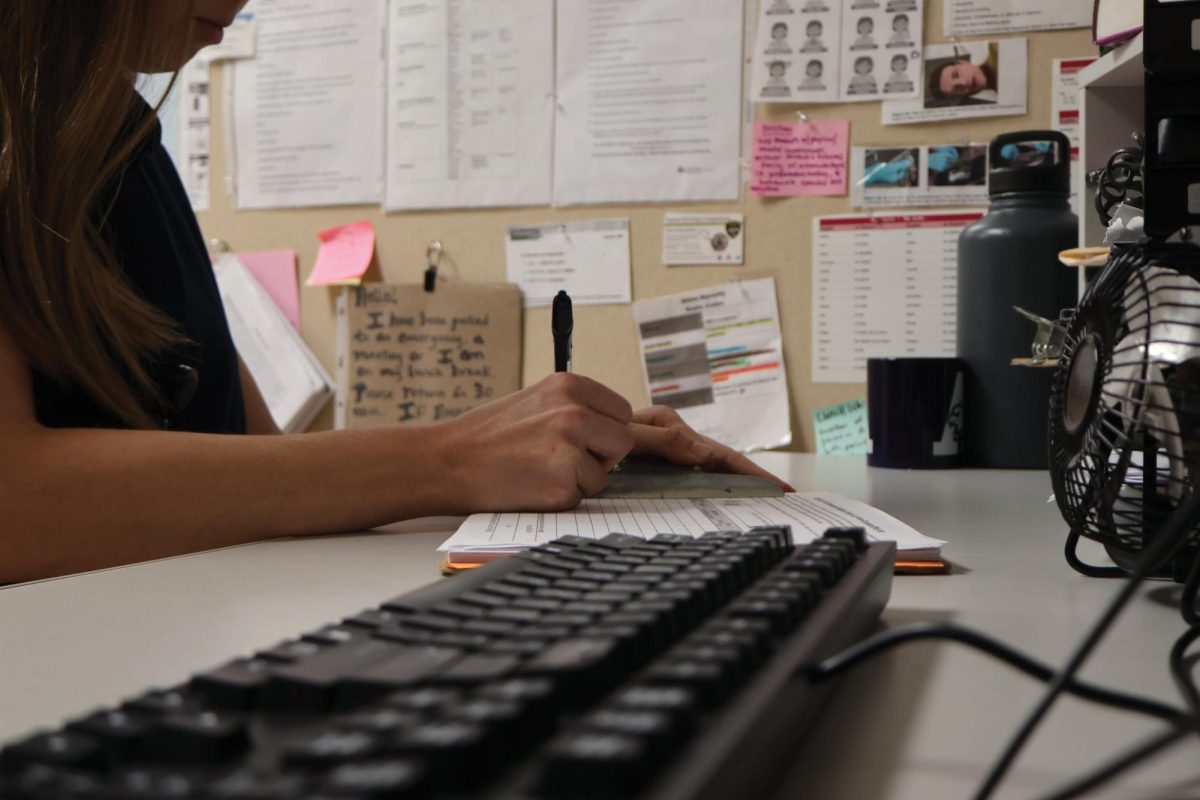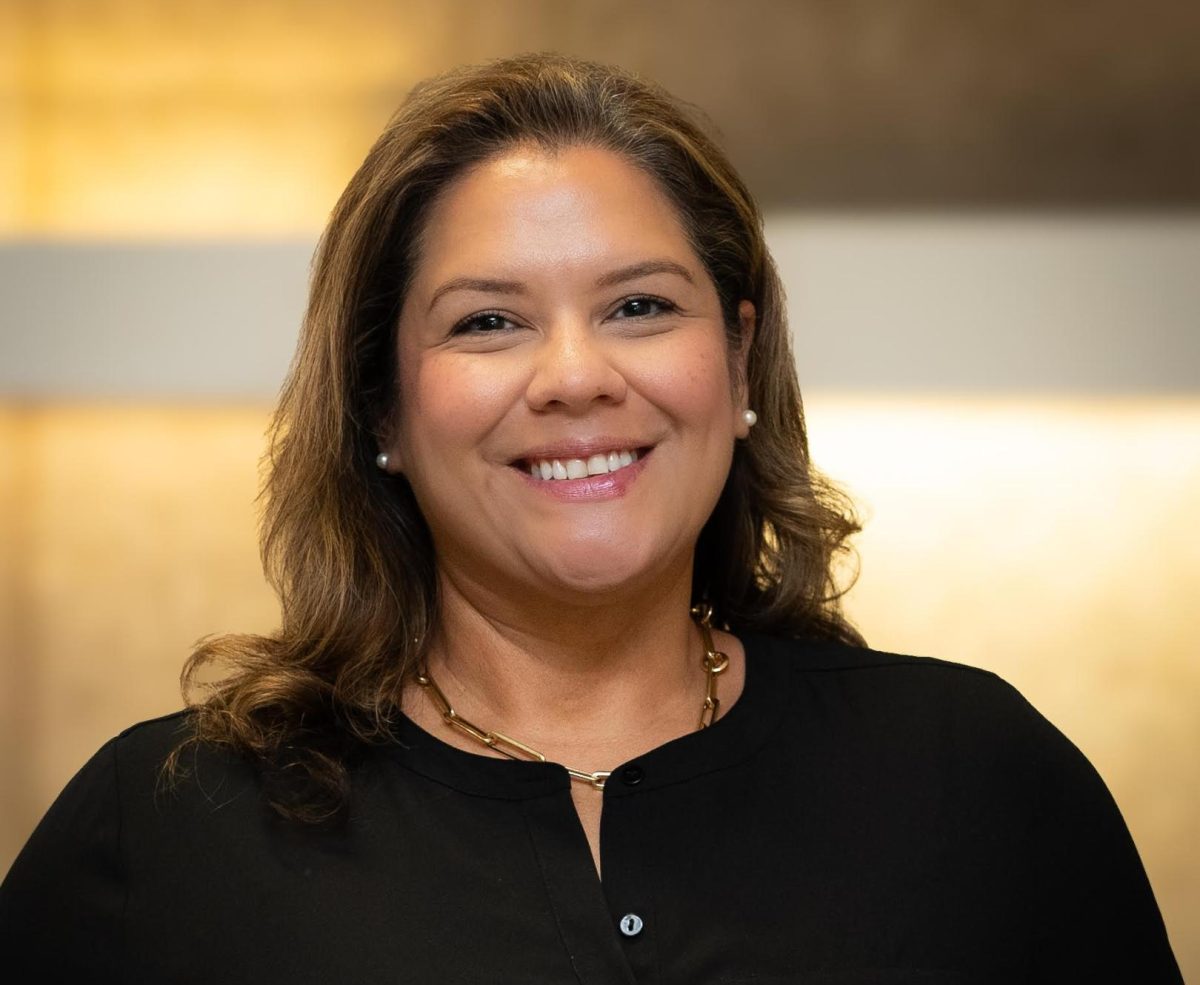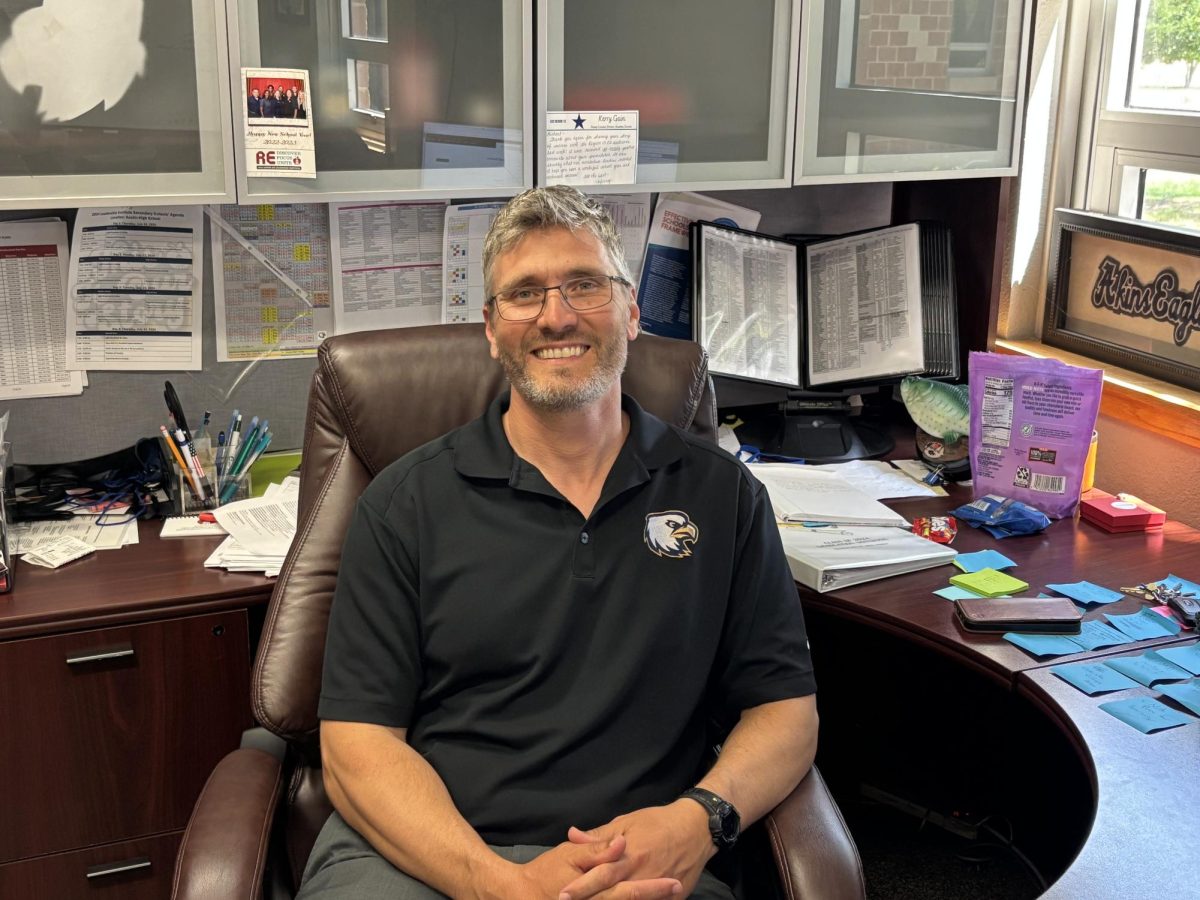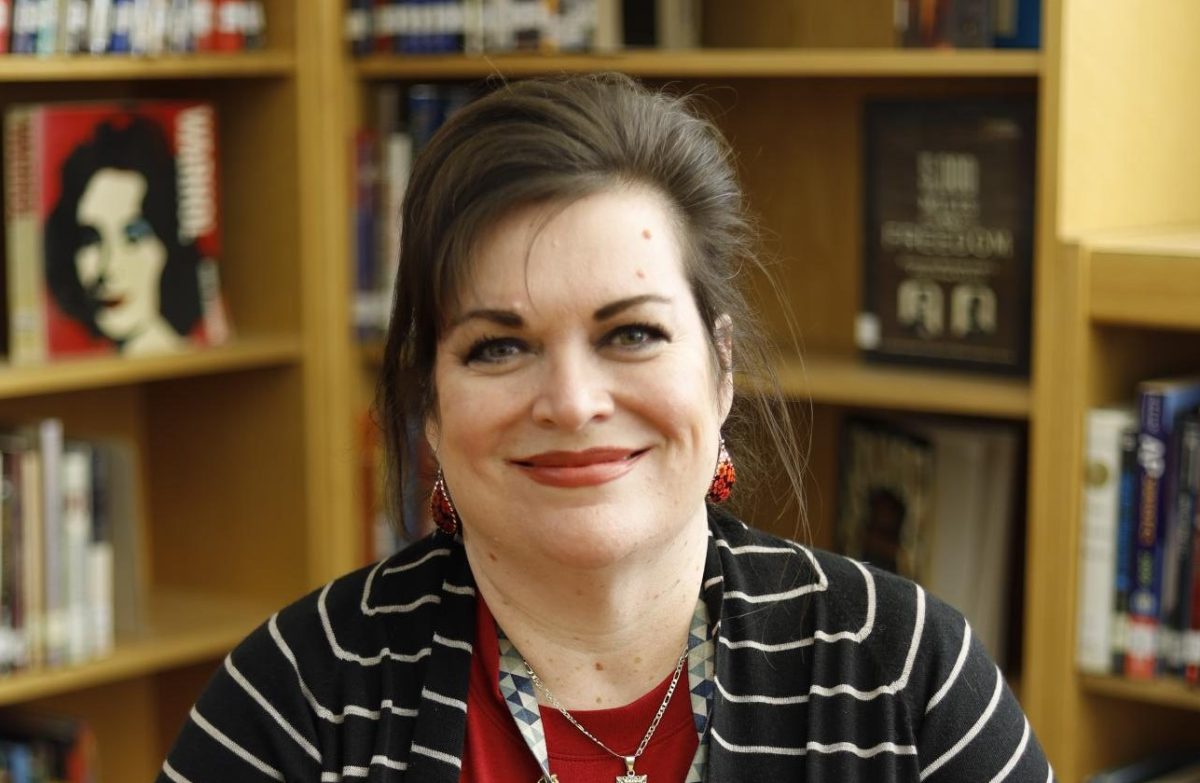Ever since the first iPhone came out in 2007, cell phones have been a constant presence and nuisance at schools.
That was the case at least until this year, when state lawmakers passed a law that bans student use of cell phones during the school day, starting at the beginning of this school year. Now, students, teachers, and administrators are struggling to figure out how to operate without the most commonly used communication device in the modern world.
Junior Daniel Prill said he doesn’t think the cell phone ban will actually stop students from being distracted in class.
“Because taking phones away from them means they’re gonna be more addicted to it,” Prill said. “Overall, this phone ban isn’t going to help kids get off their phones.”
The ban was authored by State Rep. Caroline Fairly and passed with bipartisan support in May. It adds Texas to the growing list of more than 30 states that have passed similar laws, which have quickly spread across the U.S. after Florida became the first to pass a ban two years ago.
Schools have taken different approaches to implementing the new law, largely depending on administrators’ priorities and the resources available to secure phones that are brought on campus. High schools in Austin ISD have decided against purchasing the expensive Yondr pouches, which are lockable fabric cases that securely store cell phones and other personal devices, preventing their use to create phone-free zones.
Instead, Austin ISD’s new device policy requires students to keep their personal devices turned off and stored out of sight in their backpacks or bags for the entirety of the school day. The school day includes any time before the first bell until the last bell of the day, but does not encompass before- or after-school activities, according to the district’s updated student code of conduct.
The policy also prohibits the use of any personal communication devices on school property, including cellphones, headphones, earbuds, smartwatches, tablets, personal laptops, wearable technology or “any device capable of digital communication or telecommunication.”
At Akins, if a student is found to have a phone out during the school day, the penalties get gradually more severe on each subsequent violation. For example, after the first offense, the student may pick up the device at the end of the school day from the administrative office. On the fourth offense (and subsequent offenses), only the parent/guardian may pick up the device after verifying ownership, after a 48-hour waiting period. Or the parent/guardian may schedule a conference with the designated campus personnel to create a plan in order to retrieve the device earlier.
The Akins Eagle’s Eye newspaper students face new challenges this year to do their jobs without phones. Especially when it comes to social media management, things may need to change.
Madison Staman, Co-Editor-in-Chief of The Eagle’s Eye student newspaper, said student journalists are facing many challenges when reporters are trying to do their jobs without the productivity and communication tools cell phones provide.
“It’s definitely a lot harder,” Staman said. “We used to have an app called Otter AI that would basically record the audio (for an interview), but then it would also transcribe it for you. And then it’ put together so you were able to, like, put on headphones and listen, and so you could follow the transcript as it goes to fix any mistakes, because obviously AI isn’t 100%.”
“We always did it by hand as well, but it’s just a lot easier to just have it transcribed and only fix the mistakes rather than have to hand transcribe everything ourselves. It also makes us have to bring (voice recorder) equipment so we can’t do interviews just like offhand.”
De Leon said there is an advantage of this
ban being a state law versus just a district or campus policy.
“I also think that students also understand that it’s not the teachers, it’s not me, implementing it. That was the state that implemented it, so we kind of have to go by whatever that state law is, but I think that has made it a little easier for staff, because it’s not our personal thing.”
De Leon said there is strong evidence that cell phone use during the school day hurts students academically.
“I do think that if you read and you look at the studies and the research behind it, it really does affect your ability to concentrate and to be productive,” she said. “I think the study was at one time, like every time you looked at your phone, it took about 15 minutes, if not longer, for you to come back to what you were doing, to refocus.”
De Leon said she will be interested to see if there is a boost in academic performance this year because of the cell phone ban.
“I’d love to see what grades look like at the end of the year” she said. “Because our students are more focused and doing that because you’re just not distracted. And I don’t think, for most kids, I don’t think it’s something they want to do, right? I just think that it’s something that is a learned behavior that we’re so used to doing that we don’t even realize that we’re doing it. So just not having that, and not having the ability to do that, I think, will make a big difference. It’ll have some profound changes.”
De Leon said her biggest concern about the cell phone ban is staff members potentially getting into some sort of power struggle with students.
“That’s what I don’t want to happen. I don’t want that to be a negative thing,” she said. “We have to treat people with respect. So we have to treat students with respect, and we have to say, Hey, just put it away. “ “And I think a simple reminder for most students, that’s enough, that’s all you need.”
English teacher Alan Brooks addresses his opinion on the benefits and drawbacks of a cell phone ban.
“There are definitely academic benefits to a cell phone ban,” Brooks said. “There was a study just a few years ago that came out that found that schools that banned cell phones saw more benefits academically than they saw drawbacks to cell phone bans. And I haven’t always been a proponent of banning cell phones outright, but after that study, it convinced me that that’s the way to go.”

